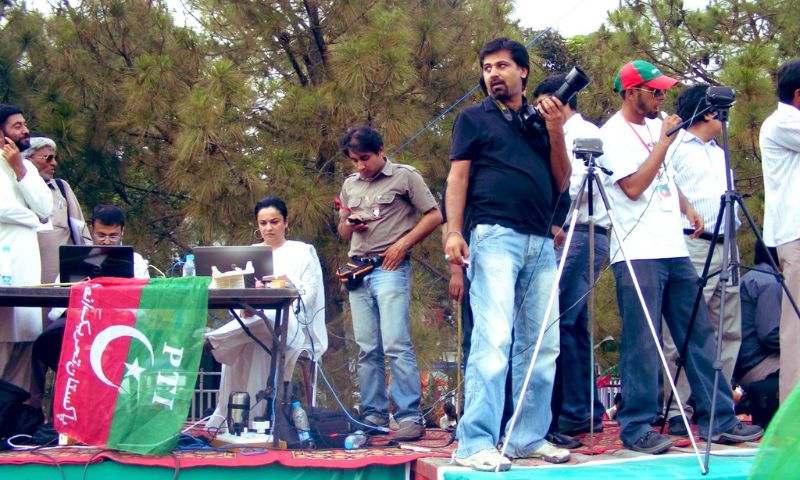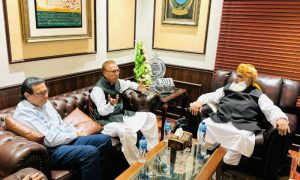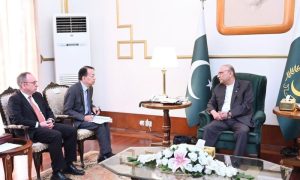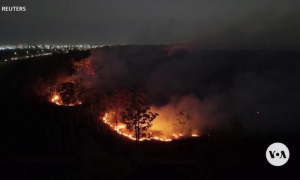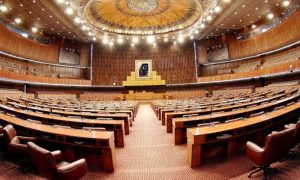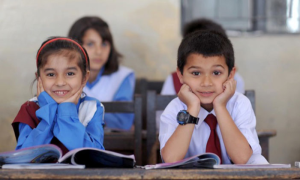ISLAMABAD: As Pakistan prepares to mark International Day of Democracy on September 15, 2024, the nation’s democratic fabric remains under considerable strain, reflecting ongoing issues that have persisted and even worsened over the past year.
Since the previous International Day of Democracy, Pakistan’s political landscape has seen several developments, but meaningful progress remains elusive. The general election, which was postponed to February 2024, was marred by concerns over fairness and equal opportunity, undermining the credibility of the electoral process.
The newly elected legislatures, both at the federal and provincial levels, have struggled to address pressing governance issues effectively, with many turning to external backers for support rather than tackling problems head-on.
The government’s attempts to manage the economy through centralized control have so far yielded limited results. Ineffective taxation policies and budgetary measures have exacerbated economic hardships for citizens. At the same time, restrictions on media and civil liberties have intensified, with increasing crackdowns on social media platforms branded as ‘digital terrorism.’ This approach has stifled public discourse and intensified political polarization.
The country is also grappling with escalating internal security challenges, including a rise in insurgency, and strained regional relations. These issues have further highlighted the inadequacies of the current governance framework.
Political polarization has reached alarming levels, with growing tensions between various institutions threatening potential conflicts. This turmoil is compounded by the continued absence of elected local governments in major regions, such as the largest province and the federal capital area, which have been without local representation for years.
On a brighter note, there is a notable increase in political engagement among Pakistan’s youth. Voter turnout among young people surged to a historic 48% in 2024, up from 37% in 2018, reflecting a growing desire for democratic participation. However, the closing of traditional political avenues has pushed many young citizens to social media for political expression, leading to increased government crackdowns.
PILDAT has called for an urgent and strategic dialogue among all stakeholders to address the current challenges and reinforce democratic governance.
The organization stresses that a collaborative effort is crucial for the stability and future of Pakistan’s democracy.
As Pakistan navigates these turbulent times, the need for comprehensive and inclusive dialogue becomes more pressing, aiming to restore and strengthen the democratic values that underpin the nation’s governance.









